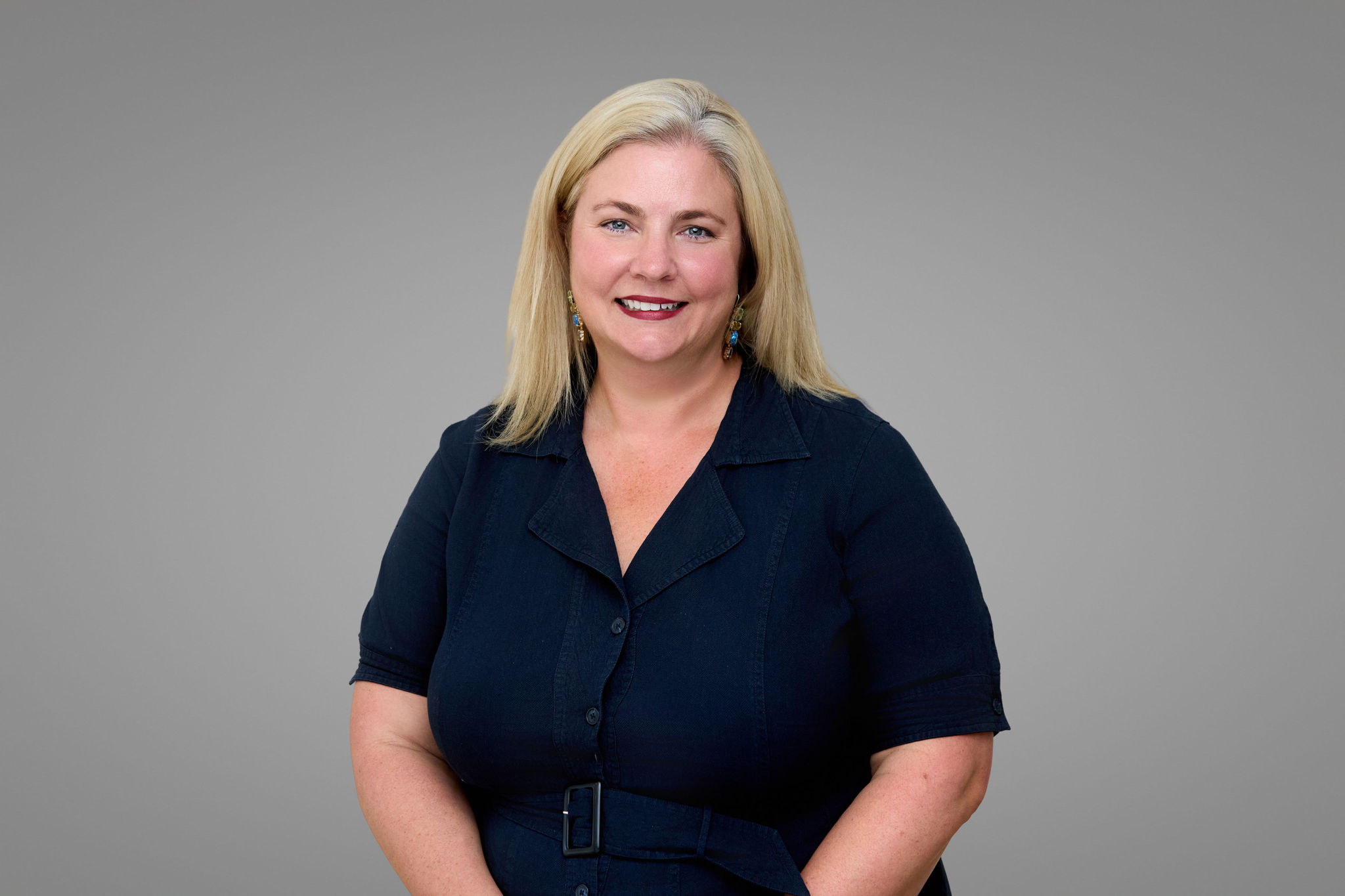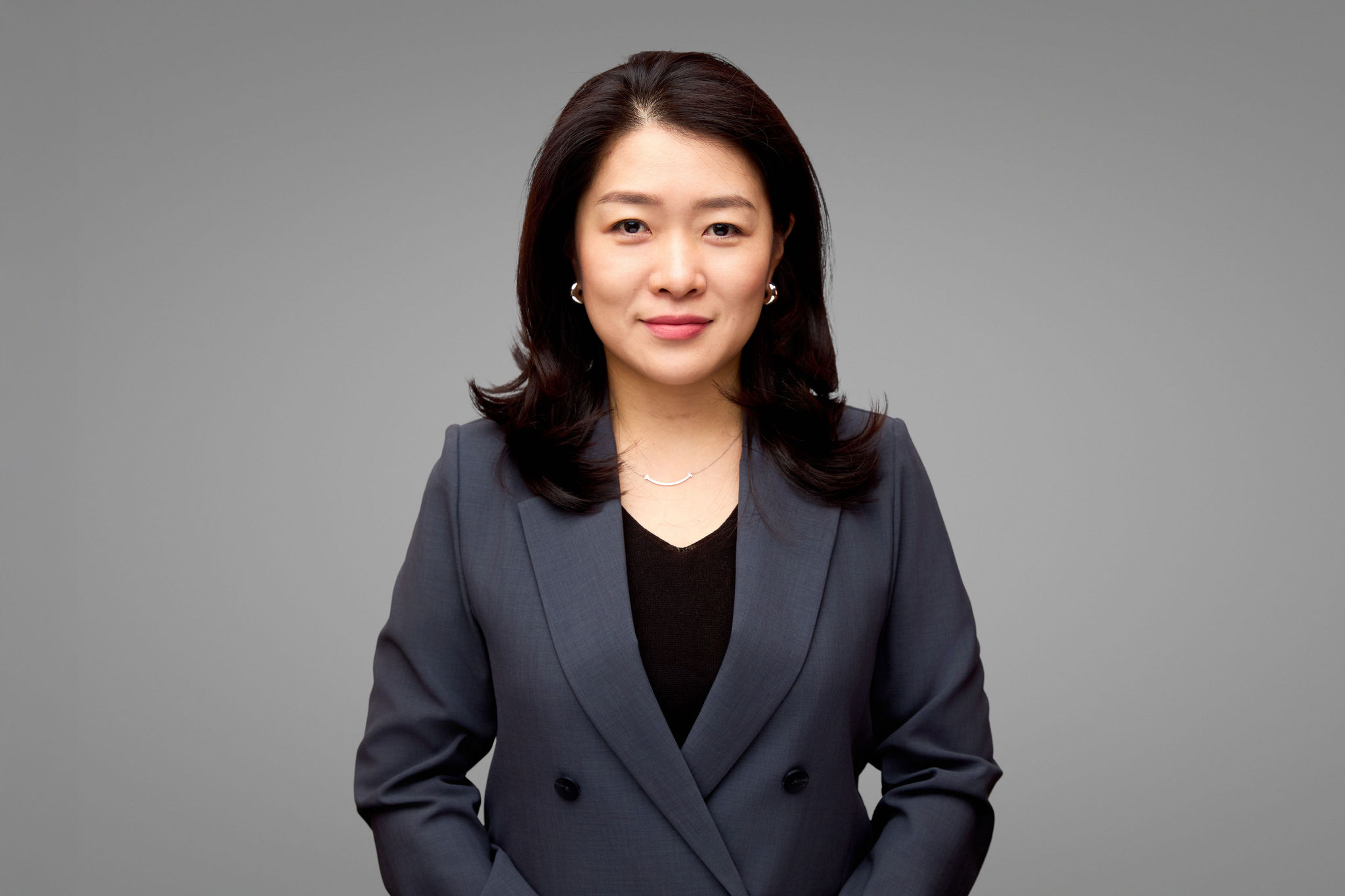Appointing an Enduring Guardian
Rest assured knowing that your best interests will be respected if you experience an injury, mental illness or disability that affects your decision-making ability. By appointing Enduring Guardianship in NSW, your close friend or family member may make personal, non-financial decisions for you in the event that you lose the capacity to do so.
An Enduring Guardian is complementary to a Power of Attorney, and along with your Will, should always be included within your Estate Plan.
Our experienced Wills & Estates lawyers in NSW can help you to make this pivotal appointment, ensuring that your life’s most significant decisions will be safe in the hands of someone you trust.
What is an Enduring Guardian in NSW?
In NSW, an Enduring Guardian is a person appointed by an individual (known as the “appointor”) to make health and lifestyle decisions on their behalf if that the appointor temporarily or permanently loses the capacity to do so.
An Enduring Guardian has the authority to decide matters such as where the appointor lives, their medical treatment and daily care. This appointment only takes effect if and when the appointor has demonstrated a loss of capacity, and lasts until the appointor passes away or revokes the appointment.
At BDN, our reliable lawyers are here to help you appoint Enduring Guardianship in NSW, ensuring this legal document is prepared to protect your intentions into the future.
Gain invaluable legal support for Enduring Guardianship matters
Make sure your medical treatment, health and lifestyle decisions are dealt with as you desire. While you may appoint Enduring Guardianship in NSW alone, a lawyer has the expertise to ensure there are no errors or omissions that could impact any final calls.
At BDN, our team will take the time to truly understand your unique values and wishes, supporting you through the most suitable course of action for your circumstances. Plan ahead with peace of mind.
Gain invaluable legal support for Enduring Guardianship matters
FAQ's
An Enduring Guardian has the power to make the following decisions:
- Where you live including decisions regarding respite care, nursing home or hospital;
- What health care you receive;
- What personal services you should be provided; and
- Medical and dental treatment. and dental treatment
Your Enduring Guardian cannot:
- Make or change your Will or Advanced Care Directive;
- Vote in an election on your behalf;
- Consent to marriage on your behalf;
- Manage your finances; or
- Override your objections to medical treatment.
You can appoint anybody over the age of 18 years as your Enduring Guardian, provided they are of sound mind.
Regardless of who they are, the most important thing is that you trust them to make decisions on your behalf and be available if such a time comes. This person must be willing to accept this role and perform its duties in difficult circumstances.
Importantly, please note that your Enduring Guardian/s cannot have any association with professionals who are paid to provide you with healthcare, accommodation, or daily support services.
It is possible to appointment multiple people to act as your Enduring Guardian in NSW. If you do this, you will need to decide whether you will authorise them to act independently of each other, or whether you will require them to make decisions together.
You may appoint several Enduring Guardians to make decisions independently (‘severally’), together in agreement with one another (‘jointly’) or a combination of both (‘jointly and severally’), depending on the circumstances.
You are also allowed to appoint one or multiple people as a substitute Enduring Guardian, who are only permitted to make decisions on your behalf if the original Guardian(s) no longer can.
Yes. Your Enduring Guardianship appointment must be witnessed by an eligible person, such as:
- A legal practitioner registered in Australia or overseas;
- A registrar of the local court; or
- An approved employee of the Office of the Public Guardian or NSW Trustee and Guardian.
This witness must perform the following duties:
- Explain the implications of the Enduring Guardianship appointment;
- Verify that you seem to comprehend the implications of the appointment; and
- Witness each party signing the document.
If a registrar of the local court is witnessing your appointment of Enduring Guardianship in NSW, please remember to bring appropriate identification with you.
An Enduring Guardian can only act for you once you lose the capacity to make health or lifestyle decisions for yourself.
Sometimes it is extremely clear when somebody lacks capacity (such as when they are in a coma), however, other times it may be necessary to obtain a medical opinion from a doctor to certify that the appointer lacks capacity.
A person will cease to be appointed as Enduring Guardian when one of the following occurs:
- The appointment is specifically revoked by the appointor;
- The appointer marries (unless the appointor marries the Enduring Guardian);
- The appointor dies; or
- The Guardianship Division of NSW Civil and Administrative Tribunal (NCAT) or the NSW Supreme Court changes or revokes the appointment.
The Enduring Guardian appointment may also cease to have effect if multiple guardians are appointed to act jointly and one of them dies, resigns or becomes incapacitated.
Yes. You can revoke Enduring Guardianship in NSW at any time, provided you have the capacity to make this decision. To cancel this appointment, you must sign a Revocation of Enduring Guardianship form.
Our Experts
Partner
Managing Partner (Queanbeyan)
Managing Partner (Canberra)
Partner
Partner
Solicitor
Ready to appoint Enduring Guardianship in NSW?
We are here to help. Please contact our Estate planning lawyers in Queanbeyan and we’ll be in touch as soon as possible.










